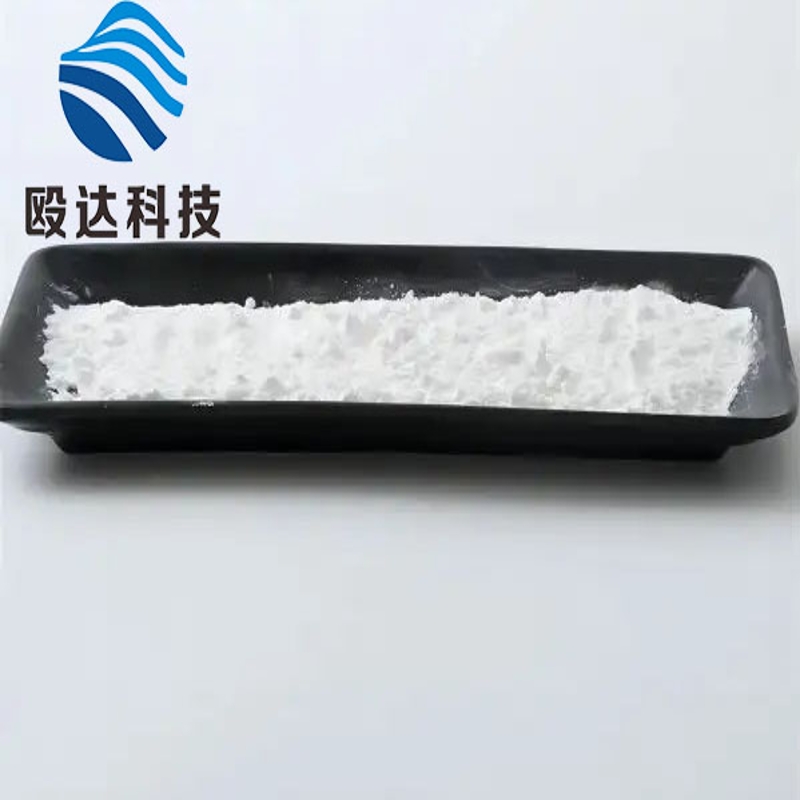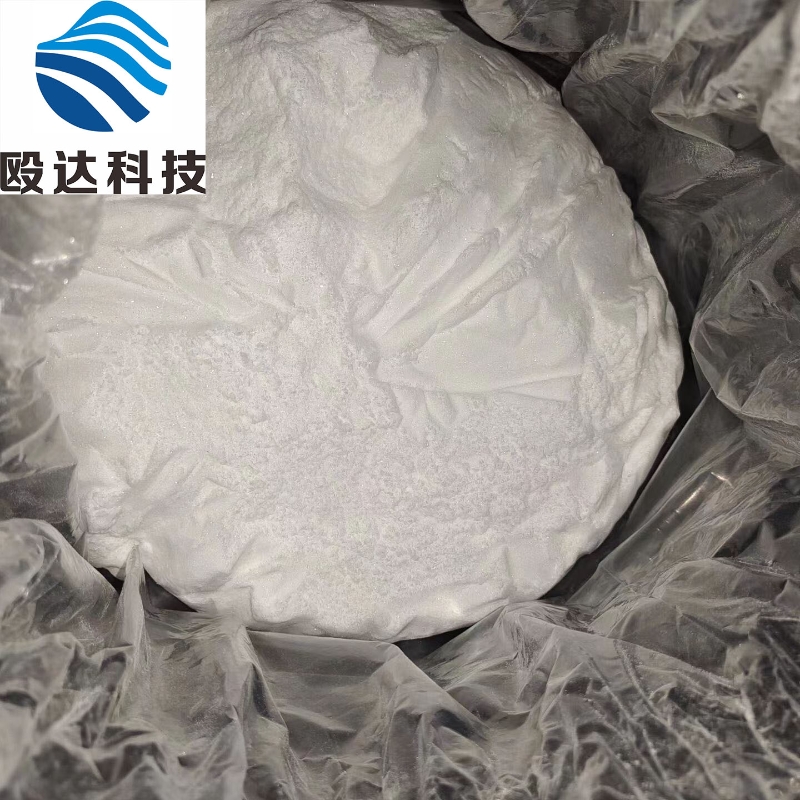-
Categories
-
Pharmaceutical Intermediates
-
Active Pharmaceutical Ingredients
-
Food Additives
- Industrial Coatings
- Agrochemicals
- Dyes and Pigments
- Surfactant
- Flavors and Fragrances
- Chemical Reagents
- Catalyst and Auxiliary
- Natural Products
- Inorganic Chemistry
-
Organic Chemistry
-
Biochemical Engineering
- Analytical Chemistry
- Cosmetic Ingredient
-
Pharmaceutical Intermediates
Promotion
ECHEMI Mall
Wholesale
Weekly Price
Exhibition
News
-
Trade Service
Editor’s note iNature is China’s largest academic official account.
It is jointly created by the doctoral team of Tsinghua University, Harvard University, Chinese Academy of Sciences and other units.
The iNature Talent Official Account is now launched, focusing on talent recruitment, academic progress, scientific research information, interested parties can Long press or scan the QR code below to follow us
.
iNature currently lacks high-throughput methods for isolating antibodies with functional readouts beyond simple binding
.
This situation hinders the next generation of cancer immunotherapy, such as bispecific T cell binding agent (BiTE) antibodies or agonist antibodies against co-stimulatory receptors, and fail to realize their full potential
.
On June 11, 2021, the Zhang Hongkai team of Nankai University published a research paper titled "High-throughput functional screening for next-generation cancer immunotherapy using droplet-based microfluidics" in Science Advances.
The research developed an efficient liquid-based Drop's microfluidic platform, combined with a lentiviral transduction system, can perform functional screening of millions of antibodies to identify potential targets with desired functions
.
In order to demonstrate the capabilities of this system, functional antibodies with low frequency (<0.
02%) CD40 agonism were identified through two rounds of screening
.
In addition, by combining the anti-Her2 × anti-CD3 BiTE antibody library with functional screening, the versatility of the system is proved, which can effectively identify anti-Her2 × anti-CD3 BiTE antibodies
.
This platform can revolutionize the development of next-generation cancer immunotherapy drugs and advance medical research
.
Cancer immunotherapy, which uses the power of the immune system to treat tumors, has brought tremendous progress and promoted a major paradigm shift in cancer treatment
.
The first generation of cancer immunotherapy drugs is mainly composed of antagonist antibodies that block negative immune checkpoints, such as programmed cell death protein 1 (PD-1)
.
Recently, the next generation of cancer immunotherapies, including bi/multispecific antibodies, such as bispecific T cell binding agent (BiTE) antibodies and costimulatory receptor agonist antibodies, has been attracting attention, showing its effectiveness in triggering anti-cancer immunity.
Prospects
.
In vitro display techniques, such as phage display, allow selection of antibody binding agents from a large combinatorial library with 10^11 diversity
.
This is one of the main techniques for conventional antibody drug development through the use of high-throughput or low-throughput simple binding analysis
.
Next-generation cancer immunotherapies, including agonists or bi/multispecific antibodies, have not yet reached their full potential
.
This may be due at least in part to the low throughput of functional screening (up to several thousand antibodies can be tested)
.
In addition, the development of bi/multispecific antibodies may also lack diversity due to the limited number of candidates using validated monospecific antibodies and known bispecific scaffolds
.
The droplet microfluidic technology allows cells to be analyzed and screened at the single-cell level with unprecedented throughput, which is unavailable using population-based mass assays
.
The microfluidic droplet system can encapsulate individual cells in water-in-oil droplets at a speed of thousands of droplets per second
.
The antibody produced by the cell is contained in the droplet, which can maintain the phenotype and genotype connection in the droplet
.
Finally, the droplets containing the desired cells are sorted by fluorescence activated droplet sorting (FADS)
.
Millions of plasma cells can be screened for antibodies that bind to vaccines or cancer targets
.
However, there is an urgent need for improvement to screen functional antibodies
.
Here, the research has developed an efficient technology platform to simultaneously screen the binding and agonistic activity of antibodies or the function of bispecific antibodies
.
This method combines the advantages of an autocrine-based lentiviral transduction system and a microfluidic droplet system
.
The technical capabilities of this platform are demonstrated by successfully identifying rare and potent co-stimulatory receptor CD40 agonist antibodies and active anti-Her2 × anti-CD3 bispecific antibodies from the combinatorial antibody library
.
This platform can revolutionize the development of next-generation cancer immunotherapy drugs and advance medical research
.
Reference message: https://advances.
sciencemag.
org/content/7/24/eabe3839
It is jointly created by the doctoral team of Tsinghua University, Harvard University, Chinese Academy of Sciences and other units.
The iNature Talent Official Account is now launched, focusing on talent recruitment, academic progress, scientific research information, interested parties can Long press or scan the QR code below to follow us
.
iNature currently lacks high-throughput methods for isolating antibodies with functional readouts beyond simple binding
.
This situation hinders the next generation of cancer immunotherapy, such as bispecific T cell binding agent (BiTE) antibodies or agonist antibodies against co-stimulatory receptors, and fail to realize their full potential
.
On June 11, 2021, the Zhang Hongkai team of Nankai University published a research paper titled "High-throughput functional screening for next-generation cancer immunotherapy using droplet-based microfluidics" in Science Advances.
The research developed an efficient liquid-based Drop's microfluidic platform, combined with a lentiviral transduction system, can perform functional screening of millions of antibodies to identify potential targets with desired functions
.
In order to demonstrate the capabilities of this system, functional antibodies with low frequency (<0.
02%) CD40 agonism were identified through two rounds of screening
.
In addition, by combining the anti-Her2 × anti-CD3 BiTE antibody library with functional screening, the versatility of the system is proved, which can effectively identify anti-Her2 × anti-CD3 BiTE antibodies
.
This platform can revolutionize the development of next-generation cancer immunotherapy drugs and advance medical research
.
Cancer immunotherapy, which uses the power of the immune system to treat tumors, has brought tremendous progress and promoted a major paradigm shift in cancer treatment
.
The first generation of cancer immunotherapy drugs is mainly composed of antagonist antibodies that block negative immune checkpoints, such as programmed cell death protein 1 (PD-1)
.
Recently, the next generation of cancer immunotherapies, including bi/multispecific antibodies, such as bispecific T cell binding agent (BiTE) antibodies and costimulatory receptor agonist antibodies, has been attracting attention, showing its effectiveness in triggering anti-cancer immunity.
Prospects
.
In vitro display techniques, such as phage display, allow selection of antibody binding agents from a large combinatorial library with 10^11 diversity
.
This is one of the main techniques for conventional antibody drug development through the use of high-throughput or low-throughput simple binding analysis
.
Next-generation cancer immunotherapies, including agonists or bi/multispecific antibodies, have not yet reached their full potential
.
This may be due at least in part to the low throughput of functional screening (up to several thousand antibodies can be tested)
.
In addition, the development of bi/multispecific antibodies may also lack diversity due to the limited number of candidates using validated monospecific antibodies and known bispecific scaffolds
.
The droplet microfluidic technology allows cells to be analyzed and screened at the single-cell level with unprecedented throughput, which is unavailable using population-based mass assays
.
The microfluidic droplet system can encapsulate individual cells in water-in-oil droplets at a speed of thousands of droplets per second
.
The antibody produced by the cell is contained in the droplet, which can maintain the phenotype and genotype connection in the droplet
.
Finally, the droplets containing the desired cells are sorted by fluorescence activated droplet sorting (FADS)
.
Millions of plasma cells can be screened for antibodies that bind to vaccines or cancer targets
.
However, there is an urgent need for improvement to screen functional antibodies
.
Here, the research has developed an efficient technology platform to simultaneously screen the binding and agonistic activity of antibodies or the function of bispecific antibodies
.
This method combines the advantages of an autocrine-based lentiviral transduction system and a microfluidic droplet system
.
The technical capabilities of this platform are demonstrated by successfully identifying rare and potent co-stimulatory receptor CD40 agonist antibodies and active anti-Her2 × anti-CD3 bispecific antibodies from the combinatorial antibody library
.
This platform can revolutionize the development of next-generation cancer immunotherapy drugs and advance medical research
.
Reference message: https://advances.
sciencemag.
org/content/7/24/eabe3839







